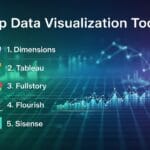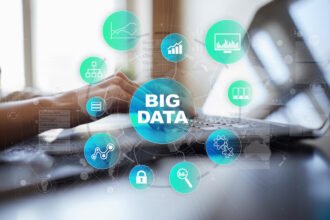Yesterday I received an email announcement from Tom Davenport via the BabsonKnowledge email list (no current web site to be found, sorry). Tom was announcing the publication of his newest HBR article, Make Better Decisions. While I am not the audience for this piece (I have not, for a long time, been called upon to participate in strategic decision-making), Tom’s email included a table from the article:
Since I had just blogged on the human emotional response, I was very interested in how Davenport saw neuroscience as a decision-making approach. His list of approaches includes:
- Small group processes (“making effective decisions with just a few people”)
- Analytics (“using data and quantitative analysis to support decision making;” analytics is Tom’s current area of research)
- Automation (“using decision rules and algorithms to automate decision processes”)
- Neuroscience (“decision makers know when to use the emotional brain”)
- Behavioral economics (“incorporating research on economic behavior and thinking into decisions”)
- Wisdom of crowds (“using surveys or markets to allow decisions or inputs by large groups”)
I can see #1, #2, #3, and …
Yesterday I received an email announcement from Tom Davenport via the BabsonKnowledge email list (no current web site to be found, sorry). Tom was announcing the publication of his newest HBR article, Make Better Decisions. While I am not the audience for this piece (I have not, for a long time, been called upon to participate in strategic decision-making), Tom’s email included a table from the article:
Since I had just blogged on the human emotional response, I was very interested in how Davenport saw neuroscience as a decision-making approach. His list of approaches includes:
- Small group processes (“making effective decisions with just a few people”)
- Analytics (“using data and quantitative analysis to support decision making;” analytics is Tom’s current area of research)
- Automation (“using decision rules and algorithms to automate decision processes”)
- Neuroscience (“decision makers know when to use the emotional brain”)
- Behavioral economics (“incorporating research on economic behavior and thinking into decisions”)
- Wisdom of crowds (“using surveys or markets to allow decisions or inputs by large groups”)
I can see #1, #2, #3, and #6 as approaches that incorporate methods and hence processes for making decisions, but I interpret neuroscience and behavioral economics as filters rather than methods. I am probably splitting hairs, but if someone said, we are going to use the neuroscience method to make this decision, I’d wait for instructions.
Using the wonderful phrase from Claire‘s comment on that previous post, “…understanding this aspect of neuroscience helps us understand ‘the limbic brain as being the gateway through which we need to move to get to the neocortex [which makes it] so important to focus our leadership development work there’.” Being able to know which part of our brain we are using in the decision process can only help us improve that decision.
Nice to see so much of this thinking converging and starting to mainstream.






